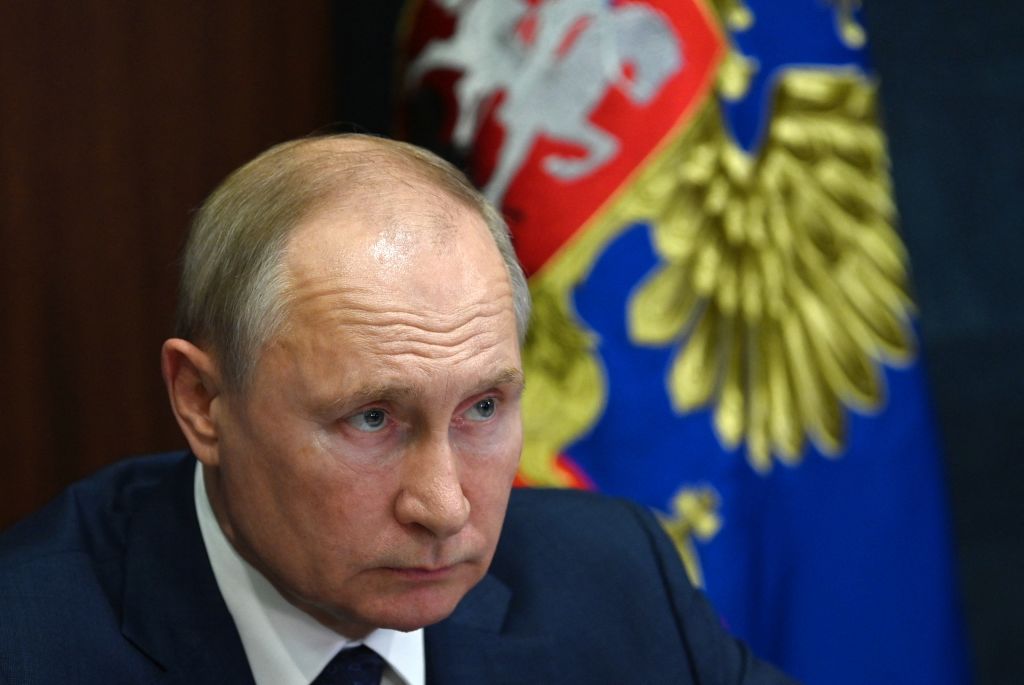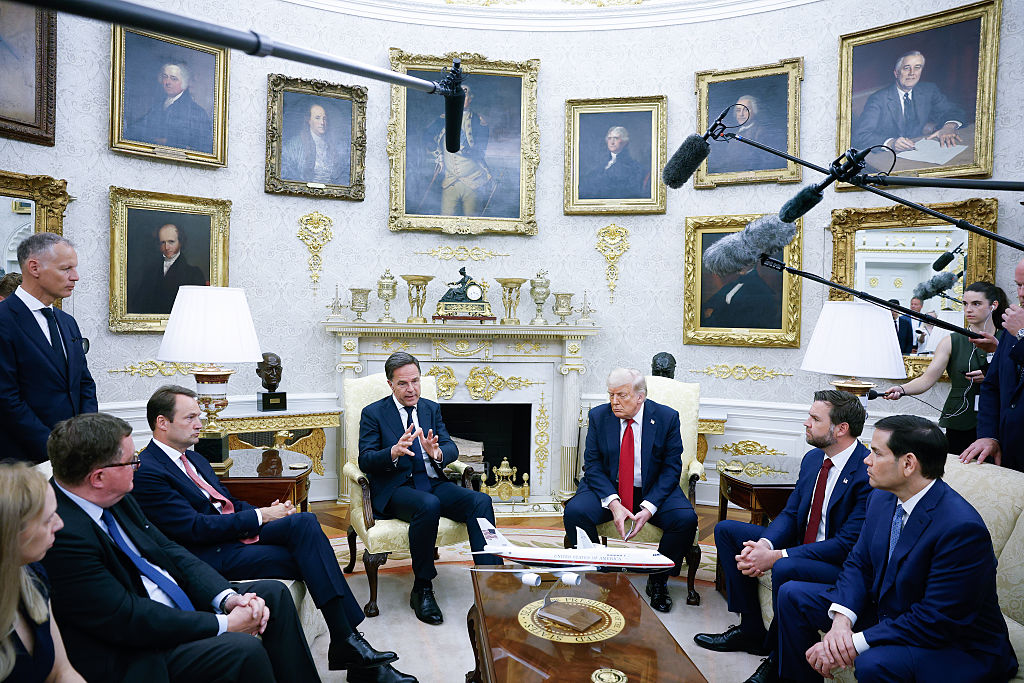As the world wonders what happened to the Nord Stream 1 and 2 pipelines, many suspect that Russian President Vladimir Putin is behind the sabotage. At first glance, it appears strange that Russia would damage pipelines that its own companies run. But Putin has several possible reasons for carrying out the attack.
One reason could be that Gazprom (the Russian state-owned gas giant) wants to avoid paying penalties for failing to fulfill its contractual obligations. Since August 31, Russia has halted gas exports via both Nord Stream pipelines, which follows a similar move in July where the Kremlin cited erroneous maintenance issues as the cause of the short shutdown that month. Despite the ceasing of operations, Gazprom is still contracted to provide gas to European nations, and it has become clear that the cessation is a political stunt. But after the explosions disabled the pipelines, Gazprom can claim force majeure, and avoid paying for its failure to deliver gas. Claiming force majeure would not be novel either, as Gazprom already tried to do so earlier this year under similarly suspicious circumstances.
Another possibility is that Putin wants to both emphasize his willingness to inflict severe pain on Europe over its sanctions and support for Ukraine, and, by doing so, throw gas on the fire of domestic discontent on the Continent. As winter nears and gas prices remain at eye-watering levels, European nations have some rough months ahead, and the Kremlin knows it. The Nord Stream pipelines were only operating at about 20 percent capacity before — and at zero percent after — August 31, but their disabling sent gas prices up anyway. The suspected sabotage also occurred on top of recent Russian threats to shut down another important pipeline, in this case traveling through Ukraine.
As the Continent struggles to deal with the energy crisis, any extra pain Putin can inflict will gin up criticism of Western sanctions — criticism that has been bubbling to the surface recently. His hope, of course, is to drive a wedge into the cracks in Western resolve. The Kremlin has explicitly stated that ending sanctions would restart the gas flows, which is meant, in part, to encourage the false narrative that Western sanctions, not Putin, are to blame for rising energy prices. If Putin can split the European Union and make it difficult to gain the assent of every member state to continue or increase sanctions, he will achieve a major victory. This victory would be all the more significant given the unprecedented setbacks Russia has faced both diplomatically and on the battlefield.
Further, it seems one line of Nord Stream 2 may still be functional, which raises the possibility that Putin is seeking to humiliate the West. Under massive pressure from other nations — particularly the US — Germany put an end to Nord Stream 2 just before Russia invaded Ukraine. Now, if Europe still needs Russian gas to get through the winter, the Kremlin may be hoping to force the Germans to renege on that cancelation. This too would be a victory for Putin, as it would project an image of the West as helpless, desperate, and beholden to Russia.
The most pernicious motive is also the most dangerous for Western security. Putin may be calculating that, with his efforts in Ukraine faltering and his nuclear threats not engendering the expected effects, he needs to take more drastic action to demonstrate his resolve and convince the West to back down. As one commentator pointed out, the intent may be to use damage to the environment as a way of making this demonstration: methane gas (which is leaking from the pipelines) is an extremely potent greenhouse gas. There is also the geographical dimension: the explosions occurred in the vicinity of the Danish island of Bornholm, just south of Sweden. The pipelines extend from Russia’s Baltic coast to Germany, yet the damage was done in one of the areas closest to NATO shores, just outside Danish territorial waters. This is unlikely to be a coincidence. If there is one thing that has been made clear over the past eight months, it is that Putin has no qualms over escalating and taking dangerous risks.
It cannot be ruled out that the Kremlin may have carried out the sabotage for multiple reasons. As Russia’s recent partial mobilization has shown, Putin is desperate — he is searching for any tool he can use to leverage advantage out of what is clearly a very poor position. In the Nord Stream case, there is not much downside for Russia: Europe was already going to ditch Russian gas as soon as it could and the lines had not been transporting gas for nearly a month anyway.
Whatever the reasons, if it is proved that Russia did, in fact, sabotage the pipelines, it would be a significant escalation. It would not be an attack on NATO — the explosions were outside NATO territory and the pipelines are not wholly owned by companies from NATO countries — but it would bring the conflict closer to Western Europe. And for the West to back down would signal that the Kremlin’s tactics work, that the West can be bullied into submission.

























